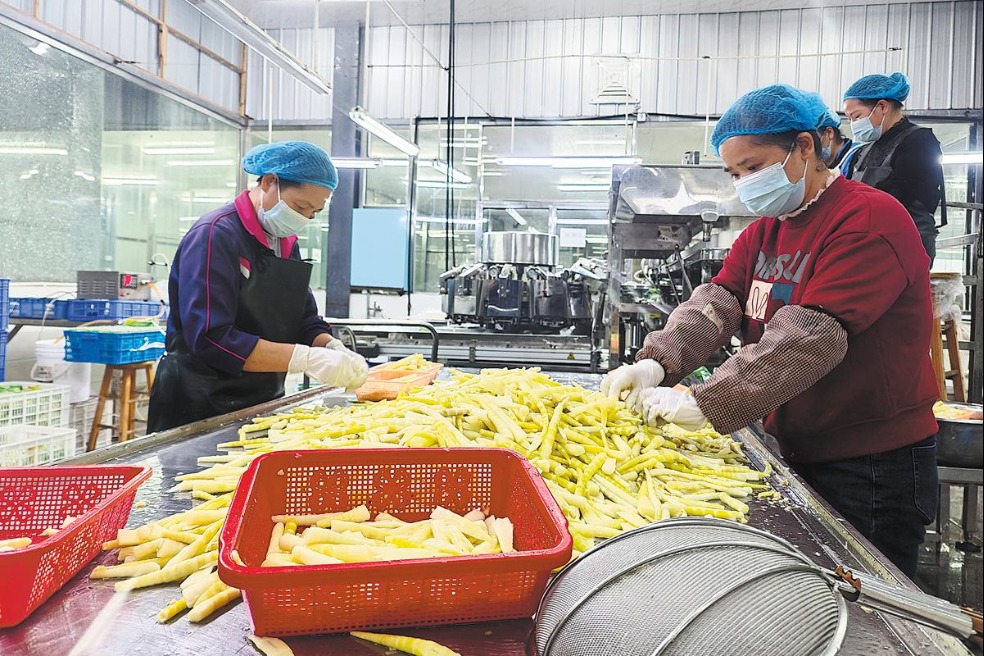Police documentary is evidence of originality
The process of solving cases and catching criminals makes for fascinating viewing, Wang Ru reports.

In 2001, a 38-year-old woman surnamed Xu, who lived in Songjiang district, Shanghai, suddenly disappeared. But the police didn't know about the case until her family members reported it in 2009.
Then police immediately became suspicious of Xu's husband, surnamed Wu, since he had never reported his wife's disappearance, and rebuilt their house not long after she went missing. The police summoned Wu, but then released him due to a lack of direct evidence and the fact that their two young children needed a parent's care. As they continued the investigation, Wu accidentally died in a traffic accident and the case was put on ice.
When the Ministry of Public Security conducted an operation to investigate long-pending cases in 2020, Shanghai police checked their files. They questioned why Wu had concreted a room not long after Xu's disappearance and relaunched the investigation. After checking the house and gaining permission from Xu's son, they dug up the room and found human remains, which were identified as Xu's.
The story is recounted in Police Stories, a 12-episode documentary now in its third season, which is airing on Dragon TV and video-sharing platform Bilibili. It has achieved 8.7 points out of 10 on China's popular review site Douban since July.
The production features criminal and financial cases recently cracked by Shanghai police. Since the end of last year, crew members have spent time at the criminal investigation department of the Shanghai Public Security Bureau-usually referred to as 803 by the public-and branches of the bureau in 16 districts and counties of the city, recording the process of police tackling various cases, including communication fraud, drug trafficking and homicide.
"The series shows the reality. We just worked as a faithful recorder. We started recording even when we didn't know the nature of a case, or who was involved in the case, and worked with the police to detail how they solved it," says Shao Yingli, a general director of the production.
Cai Zheng, also a general director of the series, says: "People are generally curious about police work. Moreover, we want to spread knowledge about the law to the public."
The first two seasons focused on the daily work of grassroots police officers, including solving disputes, patrolling streets and providing services and advice to the public. But this season pays particular attention to police officers who solve criminal cases.
"It is said that cracking down on criminal cases is the natural duty of the police, so these officers can be regarded as a core force of the police, using state-of-the-art technology in their investigations. We try to make a breakthrough by showing their stories this season," says Cai.
She feels as if she is "walking on eggshells" when making the production. "I believe we need to shoot with propriety, and pay attention to the pace of the stories we tell in making a police documentary."
During filming, they were careful not to interfere with the police work or damage crime scenes. They tried to make sure the editing process respected boundaries. "Programs about law-enforcement can easily be turned into something sensational. But since such cases are often related to people's lives, and sometimes their suffering, we want to take them seriously and show them from the angle of public issues, so we remained especially careful," says Cai.
In terms of the pace of the work, Cai says they arrange four to five cases in an episode of about 50 minutes. They select from the more than 310 cases they recorded over six months, much more than traditional law-enforcement programs, in which one episode usually focuses on only one case. They highlight the key moments of each case, like interrogations, during which the police and suspects clash.
In the first two seasons, crew members adopted some editing approaches often used in reality shows to make the work amusing and attract young people, but, in this latest one, they tend to portray the stories in a more serious way.
However, they still made the design of one segment similar. Viewers see four different scenarios they may experience in daily life, one of which is a communication fraud. People can try to guess which one is fraudulent and then see the relevant explanations.
"In modern life, people don't encounter many criminal cases, but they sometimes suffer economic loss due to such fraud. We discussed with the police from 803 and they helped us by providing clues and checking the words to make sure the information is correct," says Cai.
Some of the police officers shown in the production have become popular since the series began broadcasting. "Many of the police officers in the documentary are young and good-looking, but more importantly, they display their professionalism in their work. That is why they are popular," says Cai.
Aside from their work, officers are ordinary people living in the city, says Cai.
"Police officers are often deified in some dramas, but when you meet them, you'll find they are ordinary people. In the documentary, people can see them as individuals. They create many amusing moments by making jokes, but they may feel nervous and stressed at work," says Shao.
The documentary especially highlights the stories of several forensic experts.
"The cases forensic experts deal with are unavoidably negative and sad, but by recounting the personal experiences of the experts, we want to show their change of views on the job. They always face the dead, but at the beginning, the bodies mean nothing, and gradually they realize each of them was a person who had dreams. That endows them with a stronger sense of responsibility," says Shao.
"Although this season presents many sad stories, we can also see the bright side of human nature," she adds.
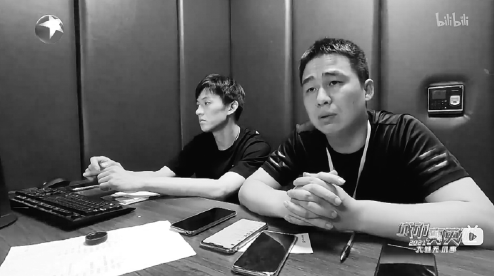
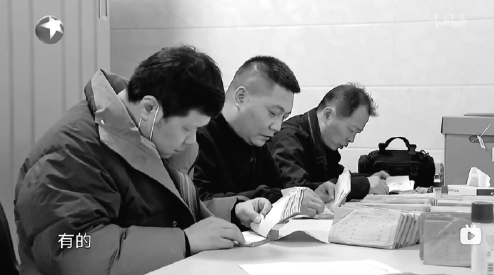
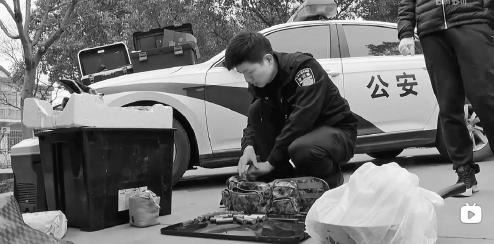
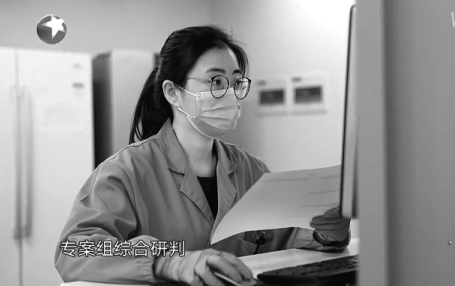
Today's Top News
- Trump says 'a lot closer' to Ukraine peace deal following talks with Zelensky
- China pilots L3 vehicles on roads
- PLA conducts 'Justice Mission 2025' drills around Taiwan
- Partnership becomes pressure for Europe
- China bids to cement Cambodian-Thai truce
- Fiscal policy for 2026 to be more proactive
















